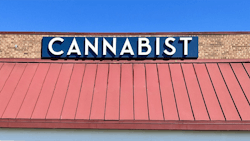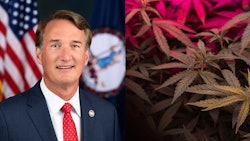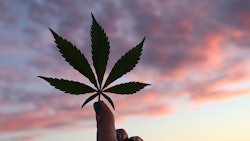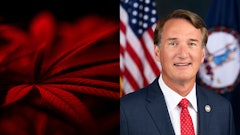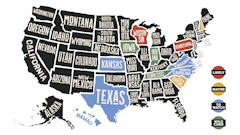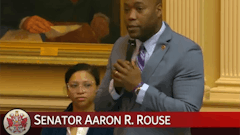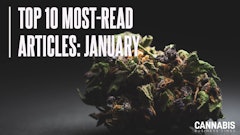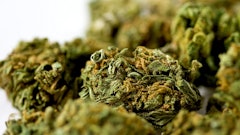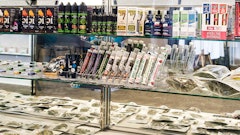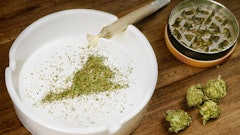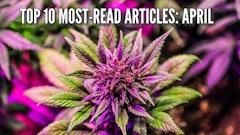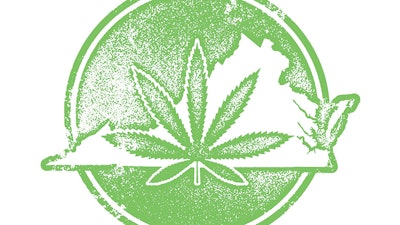
In July 2023, new restrictions on hemp-derived edible products manufactured or sold in Virginia took effect, and enforcement has resulted in 13 months of state-driven inspections and civil penalty assessments totaling $12.4 million against hundreds of businesses.
From July 1, 2023, through June 30, 2024, the Virginia Department of Agriculture and Consumer Services (VDACS) Food Safety Staff and the state’s newly formed (in September 2023) Office of Hemp Enforcement conducted inspections of 424 businesses and “cited 346 of these businesses for a total of 17,715 violations that resulted in $10,772,250 in preliminary civil penalty assessments,” Michael Wallace, VDACS’ director of communications, told Cannabis Business Times.
Some of those fines have since been reduced, Wallace said. “In an effort to bring businesses into compliance and swiftly remove intoxicating or adulterated items from shelves, businesses with violations who were willing to work quickly with VDACS, by removing products and admitting guilt by signing a consent resolution, were offered a reduction of the civil penalty that was assessed during the initial inspection,” he said. “As of June 30, 2024, a total of $433,262 in reduced penalties has been received.”
In July 2024, the VDACS Office of Hemp Enforcement conducted inspections of 95 businesses and cited 2,460 violations, according to Wallace. “These inspections have resulted in civil penalties being issued to 43 business for a total amount of $1,628,500 in preliminary civil penalty assessments.”
The new restrictions on hemp products that took effect in July 2023, and made under amendments to the Code of Virginia, limit retail products to 0.3% or less of total tetrahydrocannabinol (THC) and 2 milligrams or less of total THC per package “unless the product’s cannabidiol (CBD)-to-THC ratio is at least 25 parts CBD for every one part THC.” “Total THC” is defined as all THC in a product, including delta-8 and delta-9 THC.
The restrictions also require “any person that intends to manufacture, sell, or offer for sale a substance intended to be consumed orally that contains an industrial hemp-derived cannabinoid” to submit an Edible Hemp Products Disclosure Form. Retailers may be required to obtain a VDACS food permit, with some exemptions, and a food permit is required to manufacture food products.
Edible hemp products containing THC must be in child-resistant packaging, and all edible hemp products “must bear a label with specific information and be accompanied by a certificate of analysis produced by an independent, ISO 17025 accredited laboratory.”
Any person or business in violation of the Food and Drink Law faces civil penalties “not to exceed $10,000 for each day certain violations of the law occur,” according to the VDACS’ “Virginia Industrial Hemp Extract Intended for Human Consumption Law Civil Penalty Matrix - Guidelines for Enforcement.”
The Virginia Consumer Protection Act prohibits the sale of any products for human consumption (either oral or inhalable) that contains a synthetic derivative of THC.











